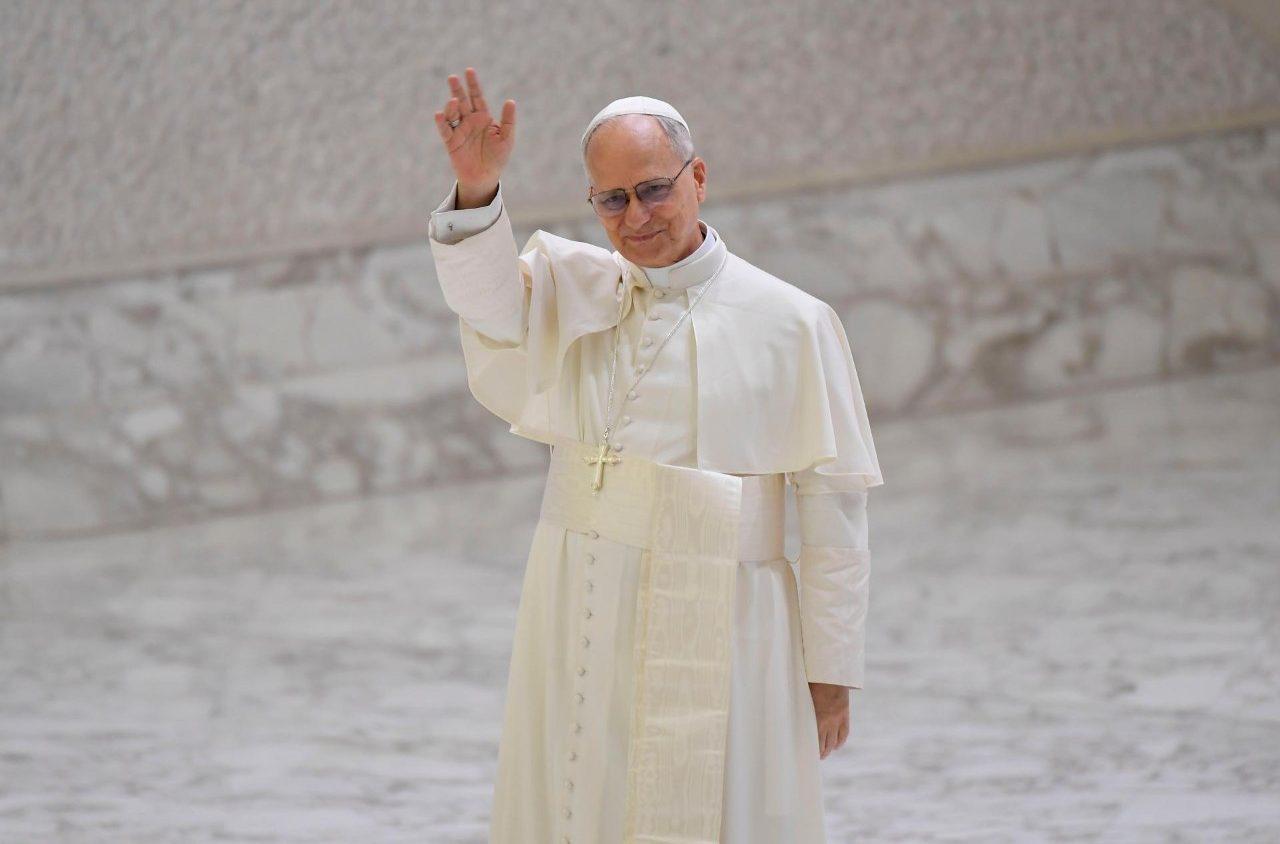A pope from the United States. That was the biggest surprise on May 8 when the new pontiff, Chicago native Robert Francis Prevost, was announced as Pope Leo XIV.
It was quite the surprise, but it is important not to make too much of Leo’s nationality. For one thing, Prevost hadn’t lived in the United States for decades. He was the head of his Augustinian order in Rome from 2001 until 2013, when Pope Francis sent him to lead a diocese in Peru. Prevost had served as a missionary in Peru early in his priesthood. In 2023, after a decade in the leadership of the Peruvian diocese of Chicalayo, Prevost returned to Rome to head the Vatican’s Dicastery for Bishops.
Leo, in short, spent the majority of his adult life outside of the United States.
Yet there are already notable signs that Pope Leo XIV will have an impact on the United States.
After his official inauguration, the pontiff met with U.S. Vice President JD Vance and U.S. Secretary of State Marco Rubio.
The U.S. press has certainly highlighted this connection, especially in Chicago, the nation’s historic “second city.” Chicago sports fans are already dressing up in outfits reflecting their newest famous son.
World leaders are also taking note.
Russian President Vladimir Putin has said he won’t meet for peace talks on Ukraine in the Vatican, which U.S. President Donald Trump suggested Leo had offered (this supposed request has not been confirmed by the Vatican.) Such an offer might have been more amenable to the Russian leader if the new pontiff were from somewhere else.
More importantly, it is wise to look at the pope’s own words. Leo XIV has frequently named Leo XIII as his inspiration for choosing the name. Leo XIII reigned from 1878 until 1903 and is most famous for the encyclical Rerum novarum, which set the foundations of modern Catholic Social Doctrine supporting the rights of workers and opposing both atheistic socialism and laissez-faire capitalism.
In his recent address to leaders of the Eastern Catholic Churches, Leo XIV also noted how his predecessor supported and legislated for those Churches, showing he is fully informed of his 19th century pontiff.
It wasn’t only the Eastern Church to which Leo XIII turned his eyes: He took a great interest in the United States.
In a series of documents from 1895-1899, the previous Leo condemned what he called “Americanism.”
Briefly, “Americanism” as Leo XIII understood it tended to support public debate to make decisions, including doctrinal ones; endorsed the absence of the Catholic faith from public schools; tended to weaken laws protecting marriage, including the general use of divorce in America.
“As regards civil affairs, experience has shown how important it is that the citizens should be upright and virtuous. In a free State, unless justice be generally cultivated, unless the people be repeatedly and diligently urged to observe the precepts and laws of the Gospel, liberty itself may be pernicious,” Leo XIII wrote in Longinqua in 1895.
In a letter sent in 1899, he said, “[W]e are not able to give approval to those views which, in their collective sense, are called by some ‘Americanism’.”
Cardinal James Gibbons wrote back to the pontiff, saying he also opposed such things, and that they weren’t part of the Catholic Church in the United States.
“Americanism” has often been called a “phantom heresy”, blamed on a French translation of a biography of Father Isaac Hecker, the founder of the Paulists. Since the period of the Americanist controversy, it has often been said that the Vatican just doesn’t get the United States.
Yet the words of Leo XIII were praised by some in the United States. Bishop Bernard McQuaid of Rochester attacked Gibbons and others for being too close to American culture, especially accusing them of not supporting Catholic education.
Although his own parents were Irish, McQuaid often said the Irish bishops were supporting “Americanism”, and were opposed to the influence from non-Irish Catholic immigrants, who often came from nations with Catholic governments.
Pope Leo XIV was born in Chicago. His family has French, Italian, Spanish and also Black descent.
It may be the right time to give the “Americanist” heresy a second look, and Leo may just be the man to do it. This time, no one will be able to say the Pope doesn’t understand the United States.
Follow Charles Collins on X: @CharlesinRome












